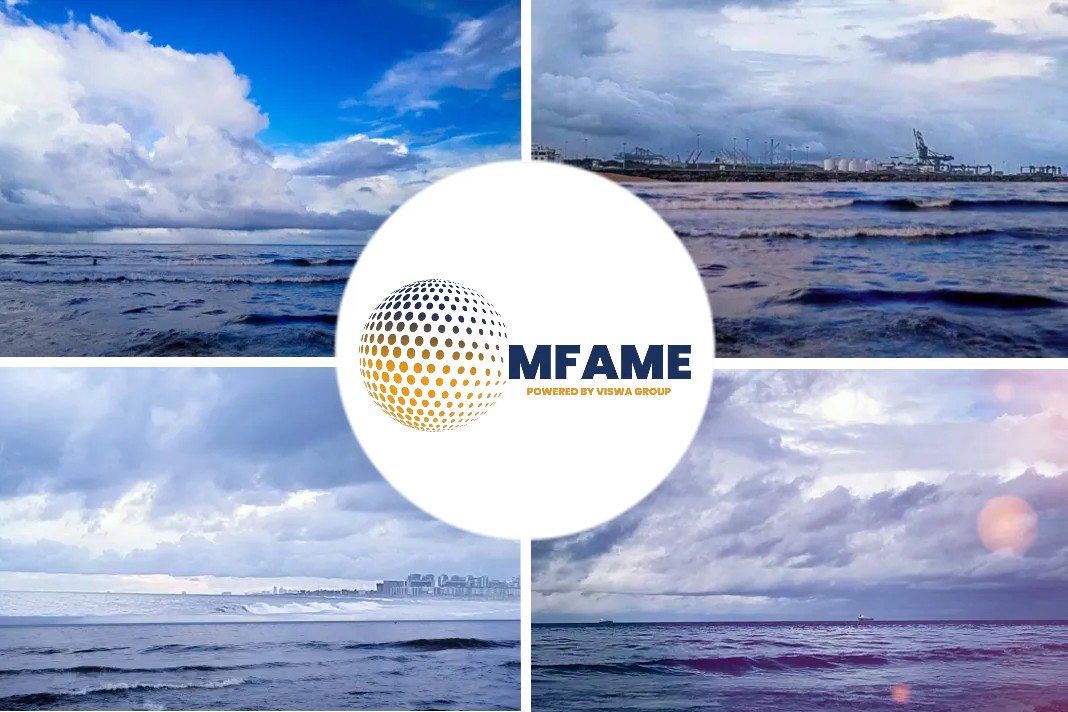- Russia-loading fixtures still being carried out, but some owners wary
- Owners will rely on sanctions clauses if new measures against Russian oil imposed
- War risk premium in place for Black Sea, Sea of Azov voyages
A recent news article published in the Platts states that tanker markets tread cautiously as threat of sanctions on Russian oil looms.
Global tanker market
The global tanker market is in a state of disquiet as potential sanctions on the flow of Russian oil to the West could significantly harm market fundamentals, as the energy markets brace for potential further actions on Russia.
This comes a day after Russian President Vladimir Putin publicly recognized eastern Ukraine’s Donetsk and Luhansk regions as breakaway states on Feb. 21 and offered state and military support in their conflict with Kyiv.
On Feb 22, Putin said Russia would maintain uninterrupted supplies of crude and gas to Europe and other global markets as Western leaders introduce initial restrictions against its actions against Ukraine.
More sanctions against Russia
The market is awaiting more sanctions against Russia from the US, Europe and the UK, but for now charterers are still adopting a “business as usual” approach to fixtures and cargoes out of key Russian ports in both the Baltic and Black seas.
Disruptive
The majority of shipowners have said that the vast majority of their fleets are protected by sanctions clauses in the event that Russian oil becomes sanctioned by the West.
“We have done our due diligence on our assets and have these clauses should we need them, which will terminate any shipment agreement should sanctions on [oil] materialize”, a shipowner said.
But the broad consensus is that sanctions against exports of Russian crude and oil products could have a major impact.
“Sanctions on Russian crude would be a major disruption to international trade but would likely have a positive effect on the dirty tanker market,” a shipowner said.
“Should sanctions be imposed on Russian crude oil exports, the market will likely source [only some of] the missing barrels from the Middle East and [the US Gulf]. These long-haul trade flows will boost Suezmax and VLCC rates.”
Largest oil producer
Russia is one of the largest oil producers in the world. The country pumped 10.08 million b/d in January, according to the most recent S&P Global Platts survey.
For the time being, however, voyages out of the Black or Baltic seas are not priced at a premium to reflect the increased risk of sailing in the two regions. But this could change in the coming days, said sources.
“We have a ‘wait and see’ approach,” another shipowner said. “Given current earnings, the opportunity cost of waiting to see how things will evolve is very low.”
Vessels still calling at Russian ports
Despite this, vessels are still calling at Russian ports, with a clean tanker heard on subjects for a Primorsk-UK-Continent shipment loading Feb. 25, signaling the industry wants to preserve continuity for now.
Russian medium sour crude Urals is a staple for refiners in Northwest Europe and the Mediterranean. Key buyers include Germany, Italy, the Netherlands, Poland, Finland, Lithuania, Greece, Poland, Romania, Turkey and Bulgaria.
This grade is exported by both pipeline and sea. Seaborne deliveries are via two other major routes — Primorsk and Ust Luga on the Baltic Sea and Novorossiisk on the Black Sea. Around 1 million b/d flows through the Druzhba pipeline system from Russia to Europe. Russia is also a key exporter of diesel and fuel to Europe and the US.
War risk premium
On Feb. 15, Ukrainian and Russian waters in the Black Sea and the Sea of Azov were placed under a high risk category by the Joint War Committee of the Lloyds Market Association.
This pushed up insurance premiums for ships transiting through these areas, adding to the cost of transporting oil and commodities in the region.
As a result, some tanker owners are considering whether they should demand a freight premium for cargoes discharging into Ukraine.
On Feb. 17, the clean tanker Histria Agata carrying a 30,000 mt cargo was placed on subject for Worldscale 265 on a Burgas (Bulgaria) to Ukraine voyage, shipping sources said.
This deal was done at a premium of w30 over other clean tanker Black Sea and Mediterranean voyages.
However, sources said this fixture is unique in that the discharge port has direct security implications on the vessel, but other Black Sea loadings for Handysize vessels are yet to see a risk premium from Ukraine.
S&P Global Platts Analytics assumes much broader sanctions under a full conflict scenario, which could affect Russian exports of oil and natural gas.
“Any Russian troop movement over the border to secure additional territory in Donetsk, Luhansk, or elsewhere, would certainly trigger the tough economic sanctions widely reported to be ready for implementation,” Platts Analytics’ chief geopolitical adviser Paul Sheldon said. “Anything less than an overt military incursion would depend on the circumstances.”
Did you subscribe to our daily Newsletter?
It’s Free! Click here to Subscribe
Source: Platts






















